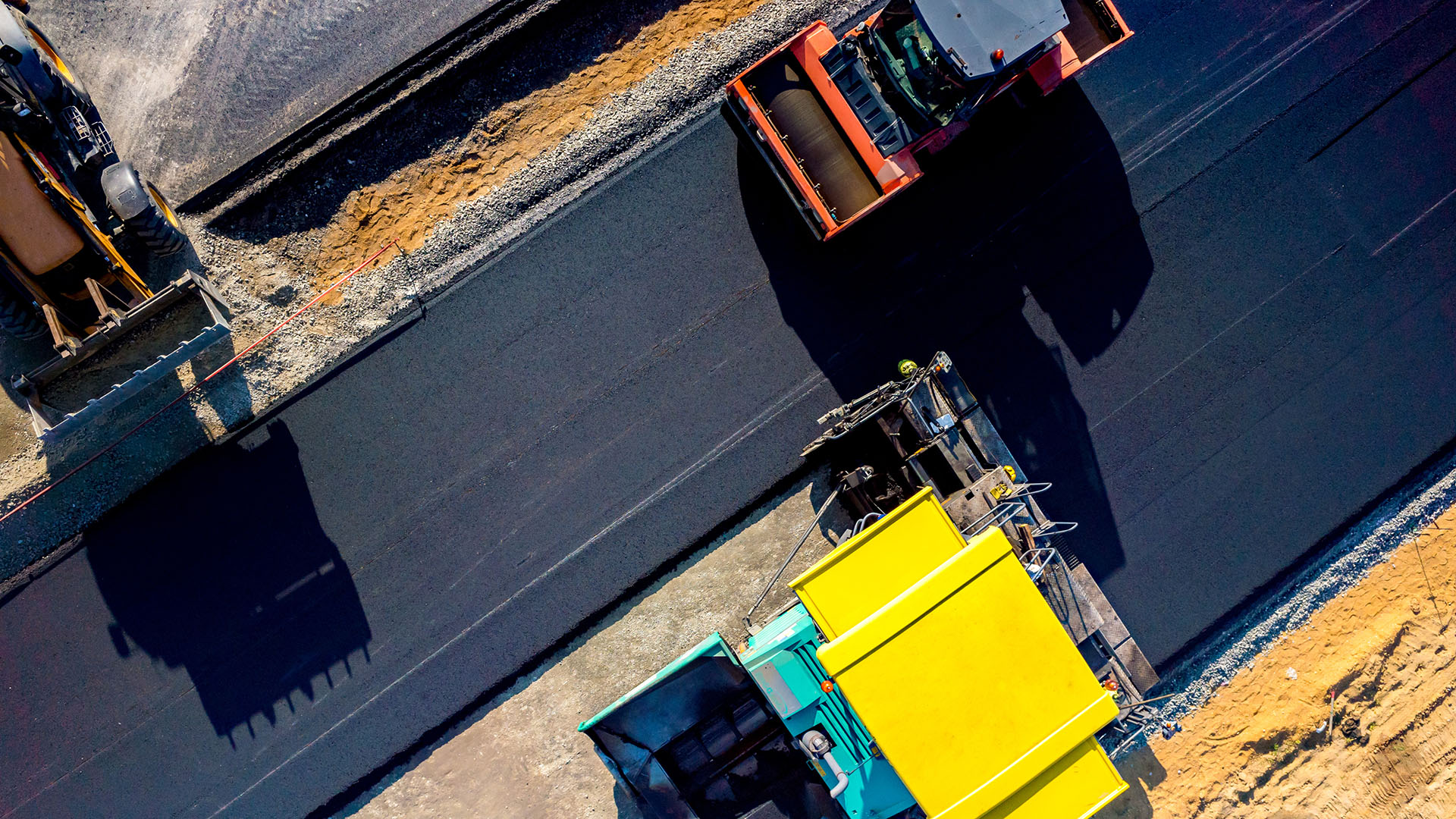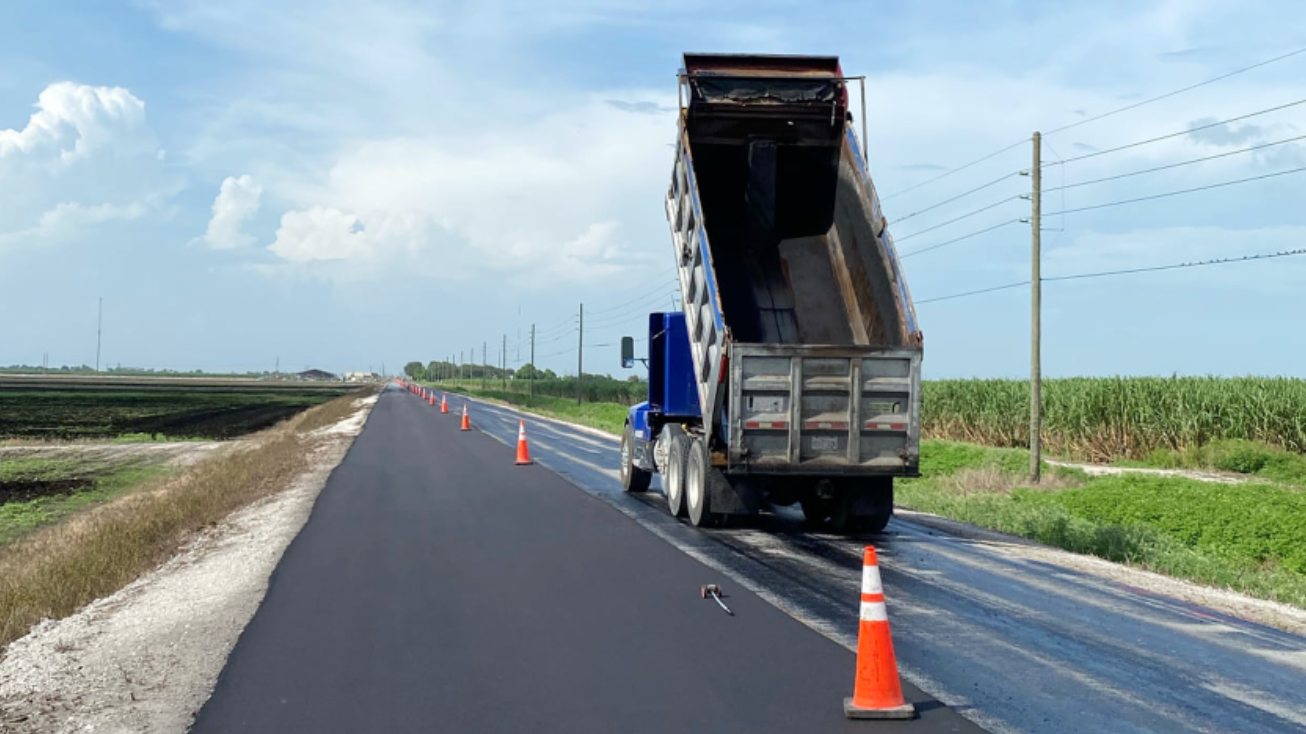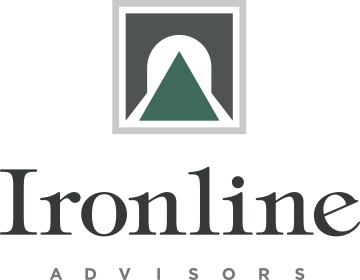INVESTOR INTEREST: Strategic Buyers and Private Equity are attracted to Asphalt Paving for its consistent revenue growth, high profit margins, recurring revenue based on customer and general contractor relationships, negotiated pricing versus bidding, diverse customer base and barriers to entry. For Asphalt Paving businesses focused on commercial and residential customers, the following performance attributes create investor interest and the opportunity for enhancing enterprise value for owners:
- Revenue growth exceeding industry 6.6% annually;
- Gross profit margins above 40% and EBITDA margins above 15%;
- Annual revenue above $10 million;
- Higher revenue mix of repair, repave or sealcoating versus new construction;
- High quality management team in place; and
- Active recruiting and training program in place.
Paving companies with a combination of these attributes may lead to market values of at least 4.5X to 6X of operating income. US Asphalt Paving is a $123 Billion sales industry growing at a 6.6% annual rate.
It is composed of over 450 companies that manufacture over 420 million tons of asphalt annually to pave 2.8 million miles of asphalt surfaced roads and other commercial and residential applications. The Top US Pavers control about 60% of the asphalt paving market focusing on Federal and State highways and other large civil projects such as airports. The remaining 40% of the asphalt market consist of hundreds of paving companies in the $2 to $25 million sales range focusing their services on smaller paving projects for commercial, industrial, retail and residential end users. These services include paving, sealcoating, repairing and striping pavement surfaces. Asphalt material is usually acquired from plants of local asphalt manufacturers.
LOWER MIDDLE MARKET PAVING: Asphalt pavers with revenue of less than $25 million emphasize “off-highway” work. Using a sample of 50 to 75 paving companies, 98% perform commercial paving, 72% provide multi-family paving, 80% perform municipal government paving and only 26% provide residential paving. Of this same group of paving companies, 98% perform paving on parking lots, 68% on driveways, 64% on streets and only 14% on highways. For paving-only companies, 92% also provide sealcoating, 82% repair asphalt surfaces and 86% strip asphalt even though its revenue contribution averages only 5% of total sales. This segment of the paving industry enjoys higher profit margins and better revenue growth than the major paving players.
PAVING INDUSTRY TAILWIND: The robust US economy has positively impacted all construction-related and field services businesses operating primarily in the commercial and residential sectors of the economy. During this same time, the US infrastructure has suffered from age, neglect, excessive utilization volumes and lack of public funding. 17% of the 4-million-mile US public roads are in “poor” condition; road and bridge repair backlogs exceed $560 Billion (55% of US rural bridges are in “fair to poor” condition). The recently signed Infrastructure Investment & Jobs Act (IIJA) and its ancillary Acts of $1.2 Trillion allocates $359 Billion for highway infrastructure over 5 years, including $40.4 Billion in state/local road grants allocated to every state. This legislation should spur a “super cycle” the asphalt paving industry.






